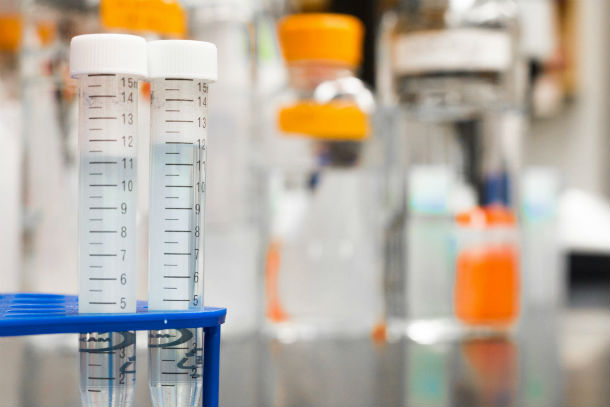Medical Monitoring: Ensuring Patient Safety and Data Integrity in Clinical Trials
January 8, 2025In the world of clinical trials, medical monitoring plays a crucial role in ensuring patient safety and the integrity of data collected. Medical monitors oversee the entire trial process from start to finish, providing medical oversight and guidance to the study team. Read on to learn about how medical monitoring helps maintain patient safety and data integrity.
Role of Medical Monitoring in Clinical Trials
Medical monitors provide medical oversight for clinical trials throughout the process. This entails advising on protocol creation, reviewing data from sites and participating in safety review meetings. They work in tandem with other teams, like data managers, clinical monitors, and safety specialists who all look at the data from different perspectives.
Individualized Processes and Flexibility
Every trial has its own needs and requirements, which means that medical monitoring services cannot be done the same way every time. For example, some study sponsors require a great deal of guidance, while others have in-house teams who are familiar with clinical trial work. Levels of involvement can be determined by other factors, like the pace and complexity of the trial. Dr. Jennifer Prichard, Medical Director at Atlantic Research Group, makes these determinations, but ultimately, it’s up to the trial sponsors.
“What I like to say is ‘It’s your trial. I’m here to take care of it for you,’” Dr. Prichard said.
The teams involved work together before the trial to decide on a trial plan, which lays out exactly how each group should be involved in making it come together. This plan can change throughout the process, and when it does, communication is key. Communication and collaboration between sponsors and internal team members ensure effective medical monitoring strategies.
Contribution to Data Quality
Medical monitors touch every part of the study, observing data through a medical lens. They review data from multiple sources including the EDC, the central lab and other vendors, ensure data accuracy, correlate data from these sources and identify trends that may otherwise be overlooked. Throughout the process, medical monitors also provide guidance on details such as data entry errors to ensure cleaner data outcomes.
Common Challenges in Medical Monitoring
Despite thorough planning, unexpected challenges can arise during a trial. One challenge that monitors often face is determining eligibility. How do you interpret the criteria, and what do you do if you’re unsure whether a specific patient fits? Clinical judgement may conflict with protocol requirements at times. Navigating that with sponsors and investigators can be tricky. Another challenge in trials is interpreting data that can appear subjective, like the severity of an event that occurs during the trial and its relevance to the trial itself. Combining the clinical evaluation of the investigator with the sponsor’s broader knowledge of the study product can be complex at times. Effective communication and problem-solving are essential in overcoming these challenges.
A Collaborative Approach at Atlantic Research Group
ARG emphasizes a culture of integrated teamwork, where medical monitoring is a collaborative effort. Coworkers in different roles support each other’s work. They feel comfortable reaching across the aisle for answers. This emphasis on open communication channels and mutual support allows for efficient problem-solving and decision-making.
“What I love about working at ARG is that our company culture is so lovely,” Dr. Prichard noted. “We are an integrated team. I’m not separated off, doing my job. Everything I do is part of some other team at ARG. I think that integration contributes to the success of our trials.”
The Critical Role of Medical Monitoring in Ensuring Patient Safety
Every part of medical monitoring helps ensure patient safety. The more accurate the medical data, the more informed patients can be on what they might experience with the treatment. One specific example of this happened in a recent phase 1 oncology study. Dr. Prichard and her team saw a pattern of adverse events that seemed similar but had different event terms. Upon reviewing the data, the medical monitoring team identified and addressed a common adverse event. Recognizing these patterns and discrepancies in event reporting helped ensure appropriate safety reporting for the trial.
Future Evolution of Medical Monitoring
The role of medical monitoring may evolve with advancements in AI and data technologies. While AI may impact certain data monitoring tasks, the human element of facilitating communication and decision-making is essential to the process.
“Some of the nitty gritty data monitoring might change in the future, but I always think there’s going to be a need for a human being to look at a set of data and talk to other human beings about that data to come to a decision,” Dr. Prichard stated. “And I don’t think that will change.“
Medical monitoring plays a vital role in ensuring patient safety and data integrity in clinical trials. Through individualized customer service, collaboration with stakeholders and a focus on communication, medical monitors contribute to the success of clinical trials. As the industry evolves, the importance of human judgment and communication in medical monitoring will remain crucial to patient safety and data accuracy.


